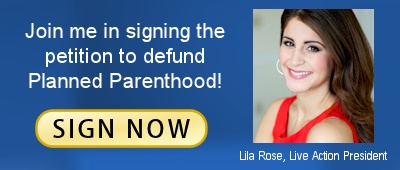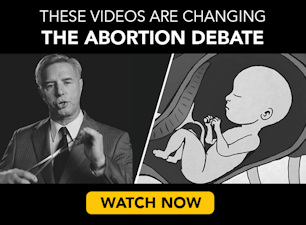If it’s a day ending in Y, it means that somewhere, pro-abortion propagandists are slandering pro-lifers.
Over at LifeNews, Kristan Hawkins calls attention to some truly outrageous remarks Planned Parenthood CEO Cecile Richards made in a recent (fawning) Washington Post interview:
“There’s this thought that women are just too scattered, we’re too impulsive, we are too hormonal, we can’t make good decisions for ourselves,” Richards says, sitting in a sterile, glass-walled conference room at Planned Parenthood’s headquarters. She’s talking about what she thinks lies at the root of the bitter debate over abortion.
“Women are too hormonal to decide abortion for themselves,” said no pro-lifer ever.
Nevertheless, WaPo feature writer Caitlin Gibson apparently didn’t feel the need to challenge Richards on telling a lie that was equal parts malicious and nonsensical. It’s bad enough that Gibson wouldn’t point out to Richards any of the counter-arguments for informed consent requirements (which we’ll get into below), but to not even occur to point out that “killing babies is wrong” just might be a more common thought process behind opposition to abortion than “women are scatterbrained”? Pathetic.
She is, as always, immaculately put together, her tall frame draped in a merlot-colored sheath and matching cardigan, gold earrings twinkling beneath her short, white-blond hair. Her alto voice conveys the subtlest hint of a Texas twang, and more than a hint of sarcasm.
Ah yes, this is much more important than an interview subject butchering the truth of a contentious national issue in the piece you’re writing about her. Journalism!
“Therefore we need the state to tell us, we need the state to give us medical information, even if it’s incorrect,” she says. “We need the state to give us an ultrasound because we must not really realize that we’re pregnant; we have to go away for 24 hours and think it over.”
No, Cecile, we need informed consent standards (which, contrary to another lie Gibson let slide, do not contain incorrect information) because you run the biggest name in an industry that depends on feeding your customers falsehoods about every aspect of abortion that could possibly affect their decision: when human life begins, when preborn children can feel pain, what the risks of abortion are, which forms of birth control are abortifacient, what alternatives for pregnancy assistance and other health care are available to them, and even how doctors define pregnancy.
She leans forward slightly and raises her voice: “Can you imagine if these kinds of restrictions were put on any other kind of health care in America?”
Yes, because no other kind of health care in America is subject to informed consent standards, only abor—what’s that? Informed consent is a real, established medical concept pro-lifers didn’t just conjure out of thin air? So you mean to tell me other medical fields (or rather, real medical fields) don’t just assume layman patients already have an encyclopedic knowledge of the same medical treatments, options, and risks that doctors often spend well over a decade studying in order to become doctors?
Well, gee…when you put it that way, it’s almost as if Cecile Richards has become so emboldened by a lapdog media she knows will lap up anything she says that she doesn’t feel any need to even try to assemble slurs that make sense. She knows that really, her audience isn’t even listening for the words so much as tone—as long as a general anti-choicers hate women sentiment comes through, they’ll take it as brilliance. The logical connections used to convey it are nothing more than a formality.
Ultimately, however, while Cecile Richards may be speaking from her absolute confidence that she can play the media and her followers like a fiddle, her words betray a fundamental lack of confidence toward a different audience.
If she truly had confidence that her practice was noble and that the criticism of it was unfounded, she would simply talk about the criticism. She would have no fear of openly stating pro-lifers’ actual reasons for wanting to eradicate abortion, regulate the abortion industry, and defund Planned Parenthood, and straightforwardly explaining why she believed our reasons were wrong.
But she doesn’t. Instead, we get one straw-man caricature after another, endless shadow-boxing with imaginary pro-life motives that are childishly easy to dispatch—because deep down, Cecile Richards doesn’t have the courage of conviction that would normally steel someone’s resolve for a fair, candid fight.
Why might that be? If only papers like the Washington Post had an interviewer or two willing to ask.









